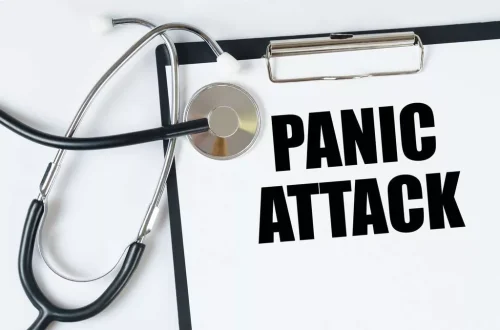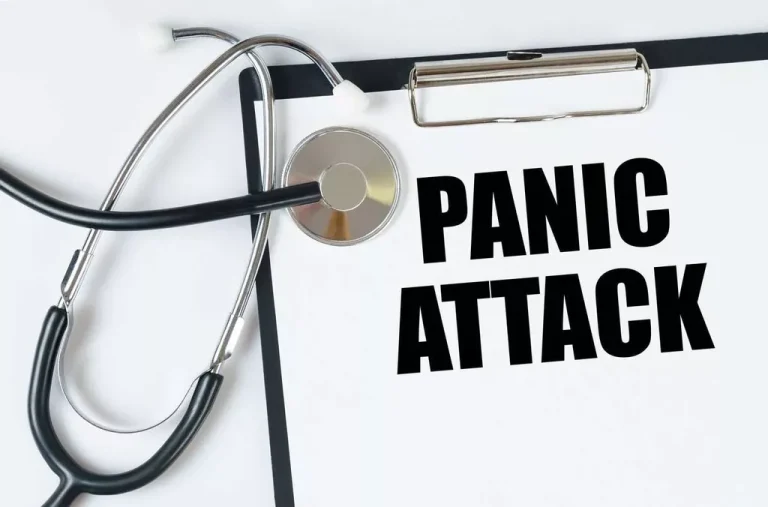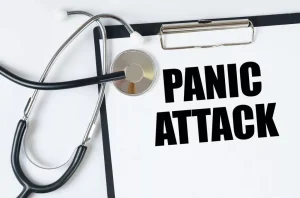
A second basic tenet to alcohol counseling for people who are attempting moderate or control their drinking is to pick an amount of alcohol that they will not exceed and to stick with it. The National Institutes of Health recommend that, to maintain “low-risk drinking,” men consume https://ecosoberhouse.com/article/types-of-relapse-triggers/ no more than four drinks per day and no more than 14 per week. For women, the number is no more than three per day and seven per week. Only a small minority of people come to my practice with the expressed agenda of stopping their drinking altogether. If the thought “Maybe I should go easy on the alcohol” has ever crossed your mind, you are not alone. Many American adults, at some point, have considered reducing the amount of alcohol they drink.

Change how you think about drinking & alcohol
Some people can get control over their drinking and drink safer levels of alcohol without having to quit entirely. If you plan to attempt to control your drinking, there are several steps you should take to assist you in this process. Belinda Gordon-Battle is a licensed clinical therapist and life consultant based in Miami while providing therapeutic services across the globe.
- For some drinkers, controlled drinking or moderate drinking is an option, and for a small portion of the population, about 5%, controlled drinking is nearly impossible.
- But that advice changes if you’re living with alcohol use disorder.
- Perreault K, Bauman A, Johnson N, Britton A, Rangul V, Stamatakis E. Does physical activity moderate the association between alcohol drinking and all-cause, cancer and cardiovascular diseases mortality?
Remember your “why” and how you’ll plan to drink less

It can also help you gain a new perspective as you consider how your life will change without alcohol. Whatever your reason to quit drinking, know that you’re doing yourself a how to control drinking favor. Alcohol impacts our sleep, relationships, weight, risk for serious chronic conditions and more.
- After keeping a drinking log for a while, you will get an accurate picture of your drinking patterns.
- By avoiding alcohol, you’re taking a big step toward improving physical health.
- CBT hinges on the premise that thoughts and perceptions influence behavior.
- Self-talk and affirmations are powerful cognitive tools in the journey of overcoming alcohol cravings.
- You will know exactly how much and how often you consume alcohol.
Impact on your health
Having the backing of loved ones can foster motivation, resilience, and a commitment to recovery. It can reshape an individual’s environment into a supportive and proactive system, reducing the opportunities for relapse. These groups can also disseminate valuable coping mechanisms to handle triggers and mitigate cravings. They serve as a non-judgmental hub for individuals to express their fears, accomplishments, and setbacks openly, fostering resilience and an optimistic outlook.


Prolonged alcohol use causes physical changes in the brain that intensify the desire for alcohol. When the brain becomes accustomed to alcohol’s effects on neurotransmitters—chemical messengers like dopamine and GABA—it needs more of it to get the same effect. This forms part of the cycle of alcohol addiction and contributes to the intensity of cravings.

Health Alerts from Harvard Medical School
Excessive alcohol use can harm people who drink and those around them. You and your community can take steps to improve everyone’s health and quality of life. Taking an honest look at one’s alcohol consumption can bring up feelings of anxiety, shame, or guilt. Don’t let these feelings keep you from starting or keeping up with the log. It’s important to remember that there is no right or wrong answer to how much you are currently drinking.
- Prepare yourself for those times when someone is going to offer you a drink.
- Participants not only find emotional backup but also gain practical insights and strategies from those on the same journey.
- So please read our world-famous tips but you must remember that drinking is like being trapped in a maze.
- But maybe you’re unsure about quitting completely and don’t want to hold yourself to that goal.
- Alcohol use disorder can include periods of being drunk (alcohol intoxication) and symptoms of withdrawal.

